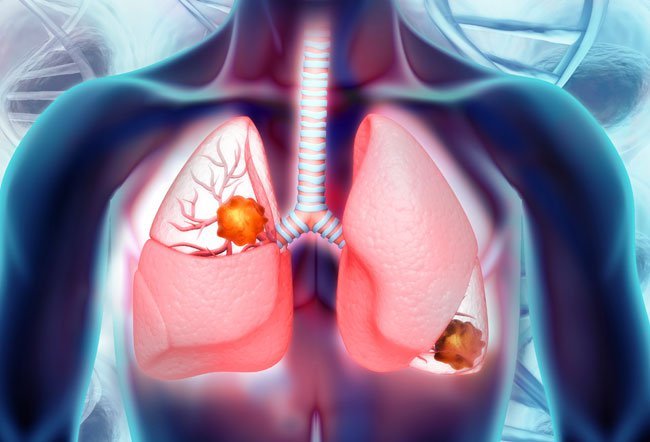Carcinoid Tumors (Neuroendocrine Tumors of GI and Lung)

Overview
Carcinoid tumors are a type of neuroendocrine tumor (NET) that arise from hormone-producing cells in the gastrointestinal (GI) tract or lungs. They are usually slow-growing, but may still spread and cause hormonal syndromes.
Symptoms
- Abdominal pain or cramping
- Flushing, diarrhea (carcinoid syndrome)
- Wheezing or cough (if in lungs)
- Intestinal obstruction (advanced GI tumors)
- Weight loss or fatigue
Causes & Risk Factors
- Unknown in most cases
- Genetic syndromes (e.g., MEN1)
- More common in adults aged 50–70
- Smoking (for lung carcinoids)
Diagnosis
- Blood/urine tests (e.g., serotonin, 5-HIAA)
- Imaging (CT, MRI, octreotide scan, PET-Ga68)
- Endoscopy or bronchoscopy with biopsy
- Histopathology and Ki-67 grading
Treatment Options
- Surgical resection (curative in localized disease)
- Somatostatin analogs (e.g., octreotide, lanreotide for hormone control)
- Targeted therapy (e.g., everolimus)
- Peptide receptor radionuclide therapy (PRRT)
- Chemotherapy (for high-grade or poorly differentiated tumors)
Prognosis
- Slow-growing NETs: good long-term survival
- Carcinoid syndrome indicates liver metastasis in many cases
- 5-year survival:
- Localized: ~90%
- Metastatic: ~35–60% depending on grade
Living with this Cancer Type
- Long-term hormone monitoring
- Diet adjustments to control symptoms
- Emotional support for chronic illness
- Monitoring for carcinoid heart disease
Prevention & Screening
- No routine screening
- Genetic counseling for familial syndromes
- Smoking cessation (for lung NETs)
FAQs
Q: Are carcinoid tumors cancerous?
A: Yes, they are neuroendocrine cancers that can metastasize.
Q: Is carcinoid syndrome common?
A: Only occurs in metastatic or hormone-secreting tumors.
Q: Can I live long with carcinoid tumors?
A: Many patients live for years, especially with slow-growing disease.
Resources
- Neuroendocrine Tumor Research Foundation (NETRF)
- American Cancer Society
- ClinicalTrials.gov
Understand Precision Testing
Learn how liquid biopsy and chemo sensitivity testing can personalize your treatment plan.
Make Informed Decisions
Gain knowledge to actively participate in treatment discussions with your healthcare team.
Improve Treatment Outcomes
Discover how precision medicine and metabolic therapies can enhance treatment effectiveness.
Start Your Educational Journey Today
Empower yourself with knowledge about precision metabolic oncology and take an active role in your cancer care journey.
Need More Information?
Our team of oncology experts is here to help you understand your diagnosis and treatment options.
